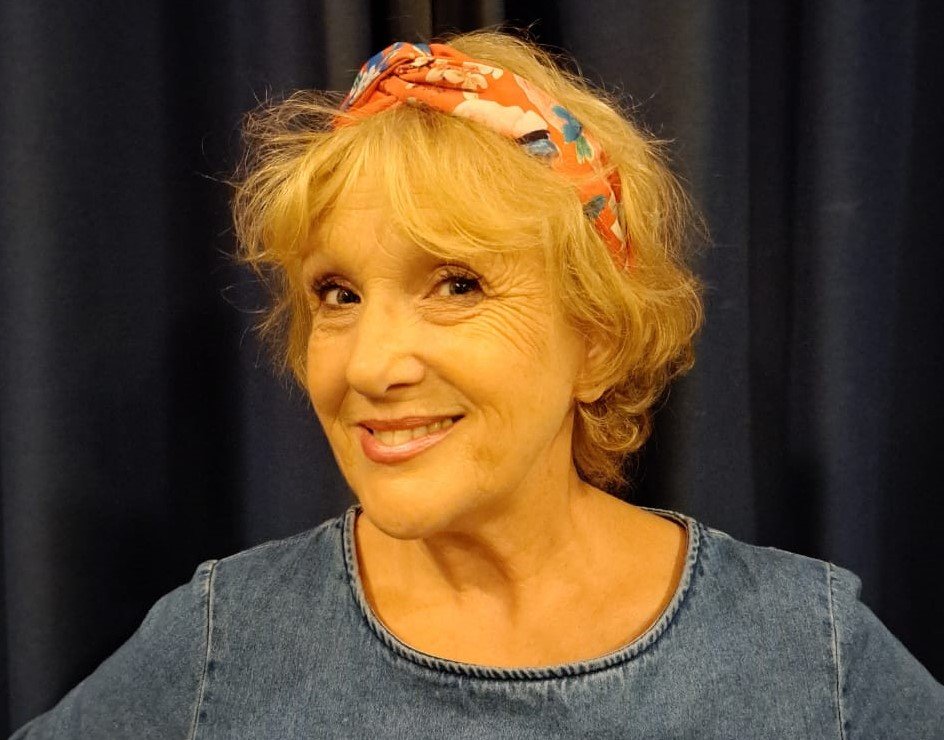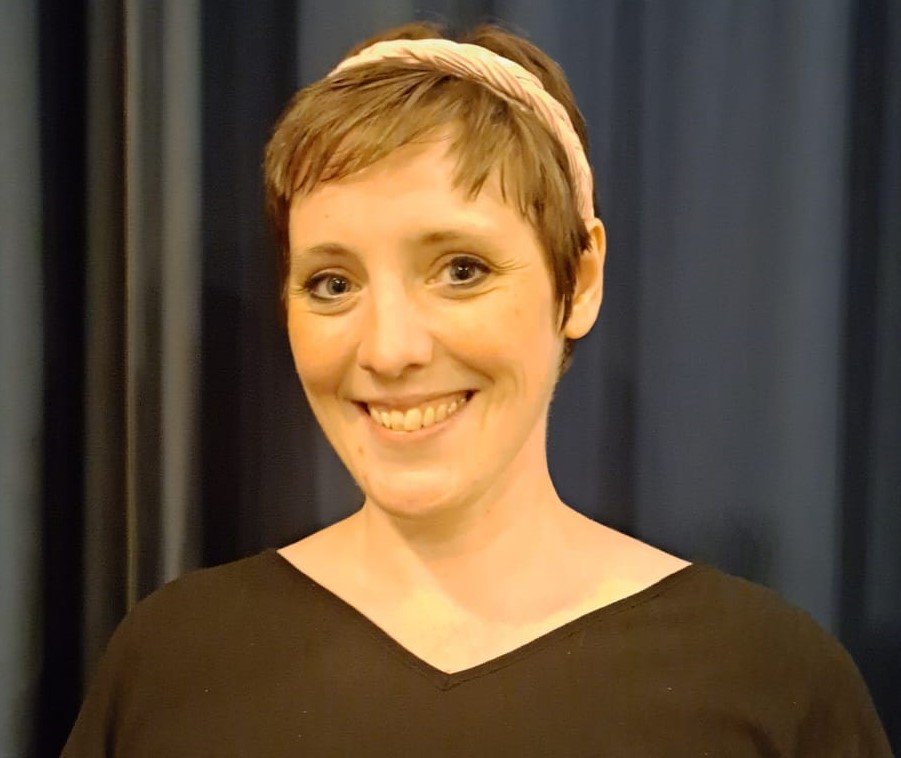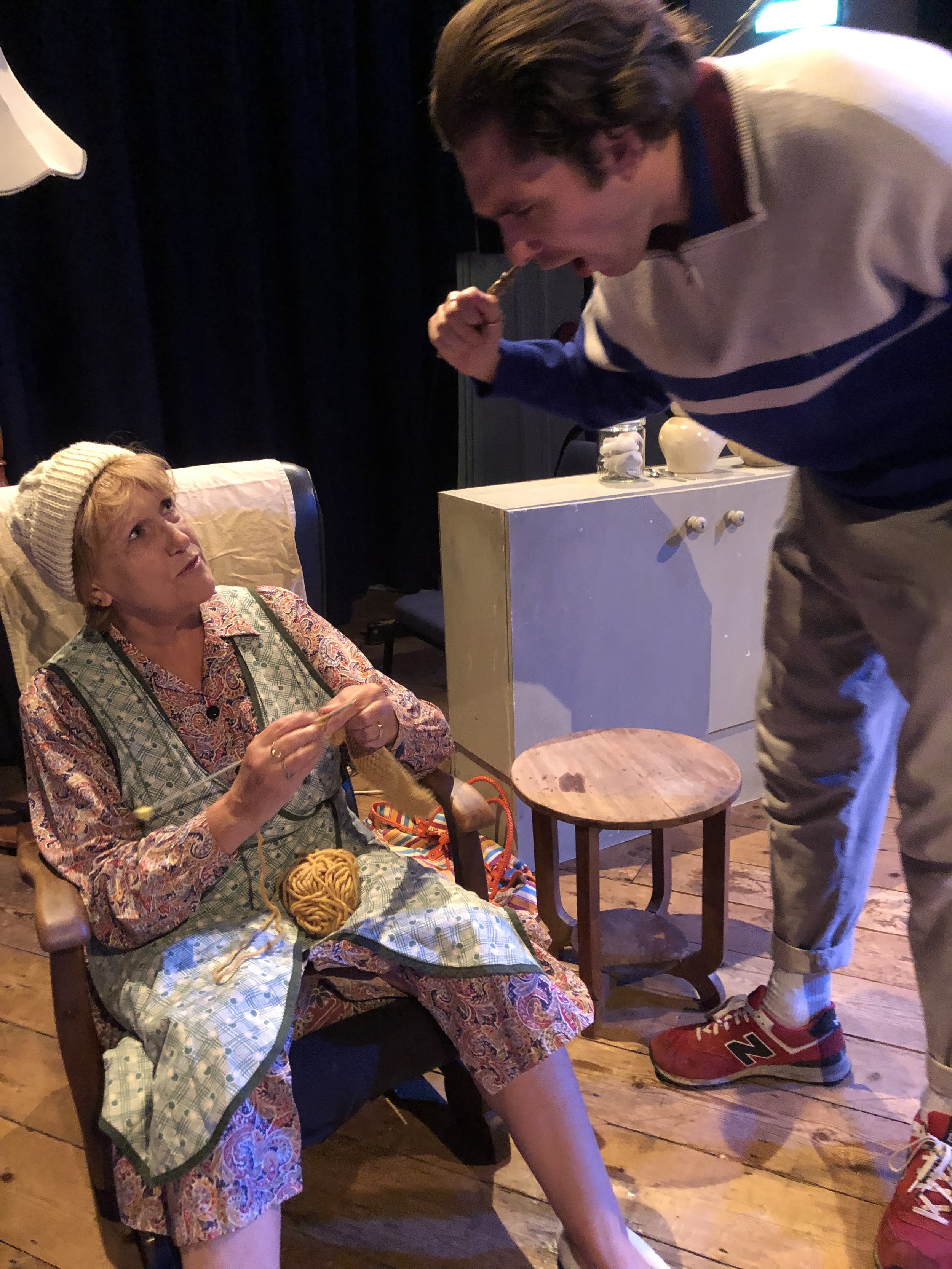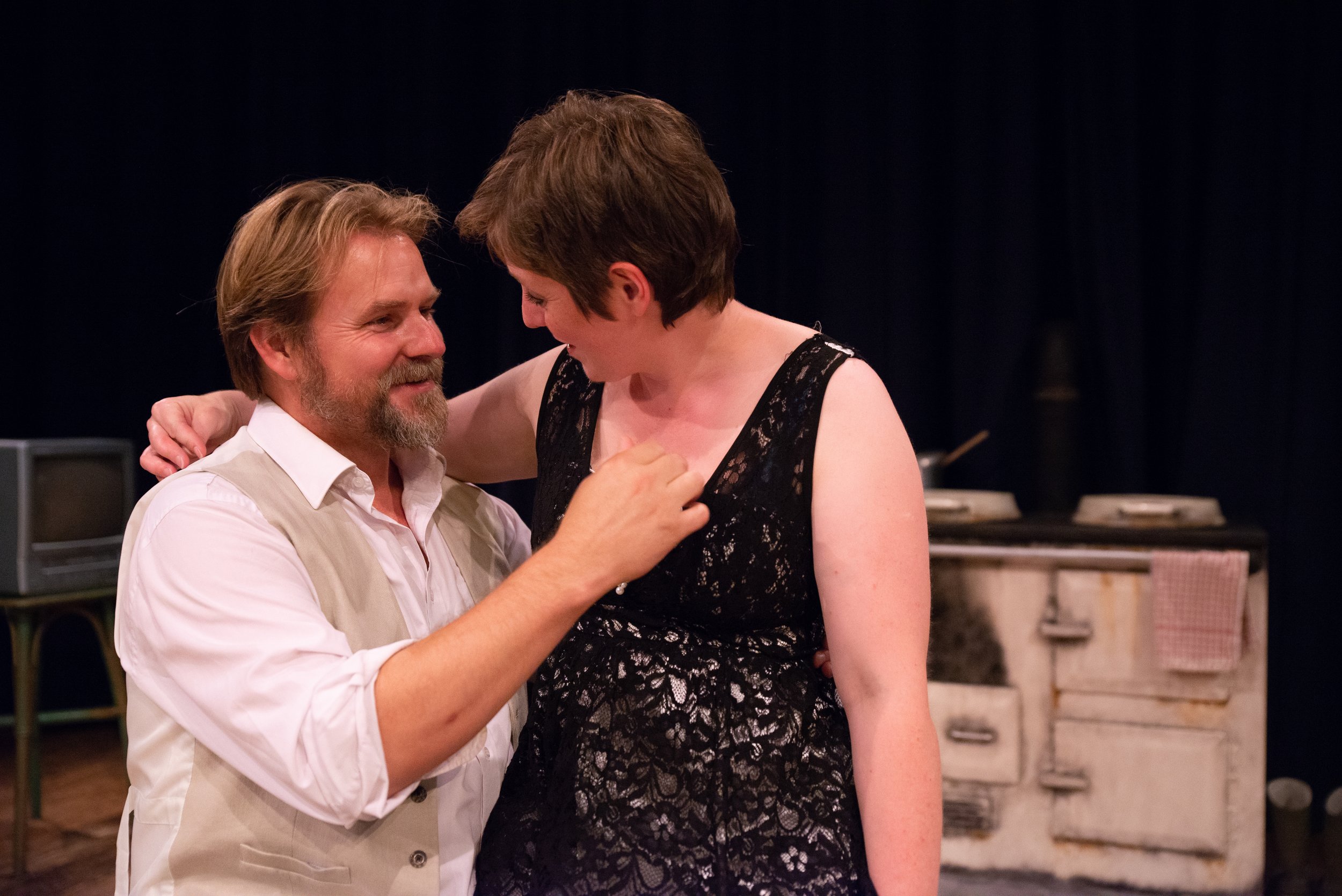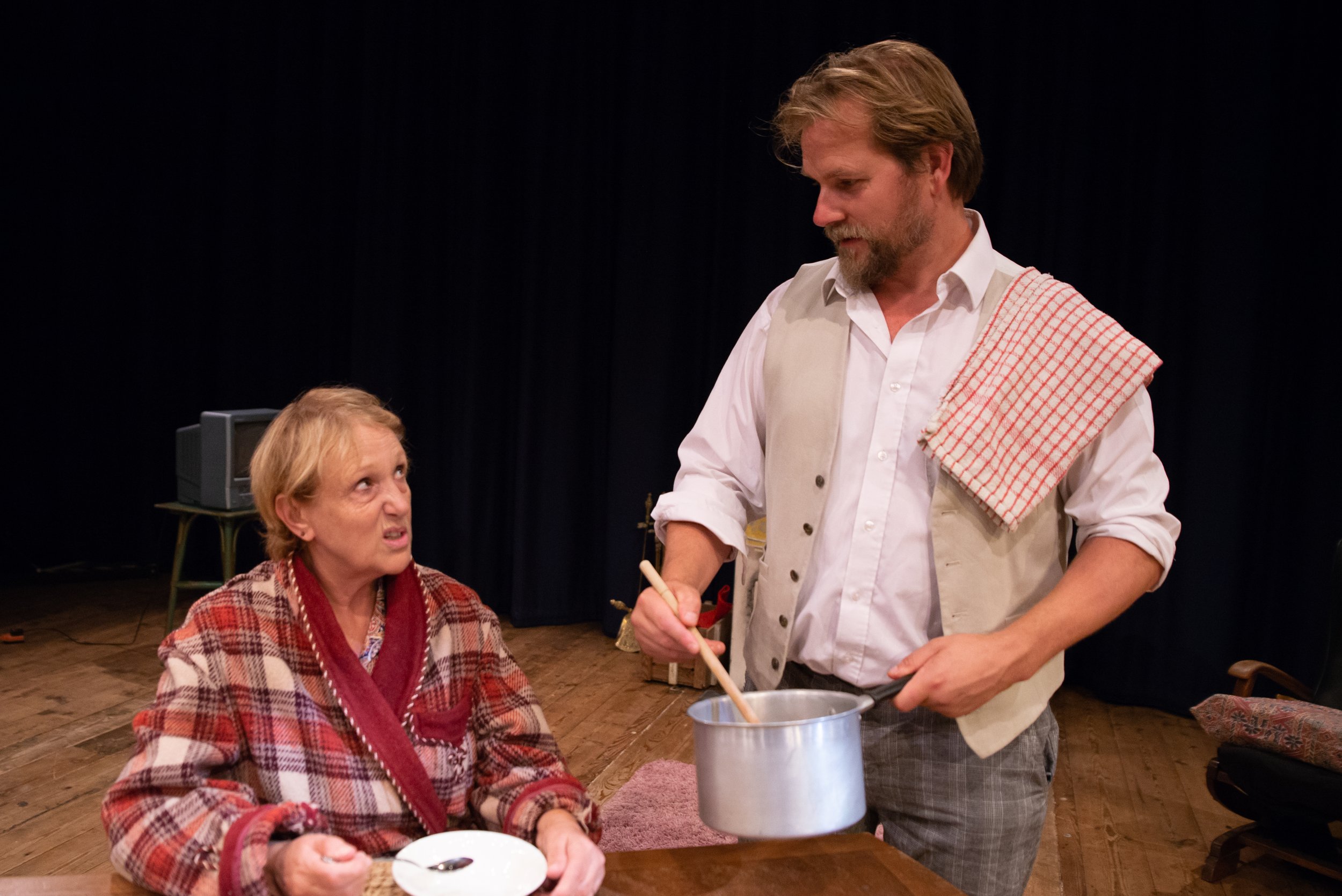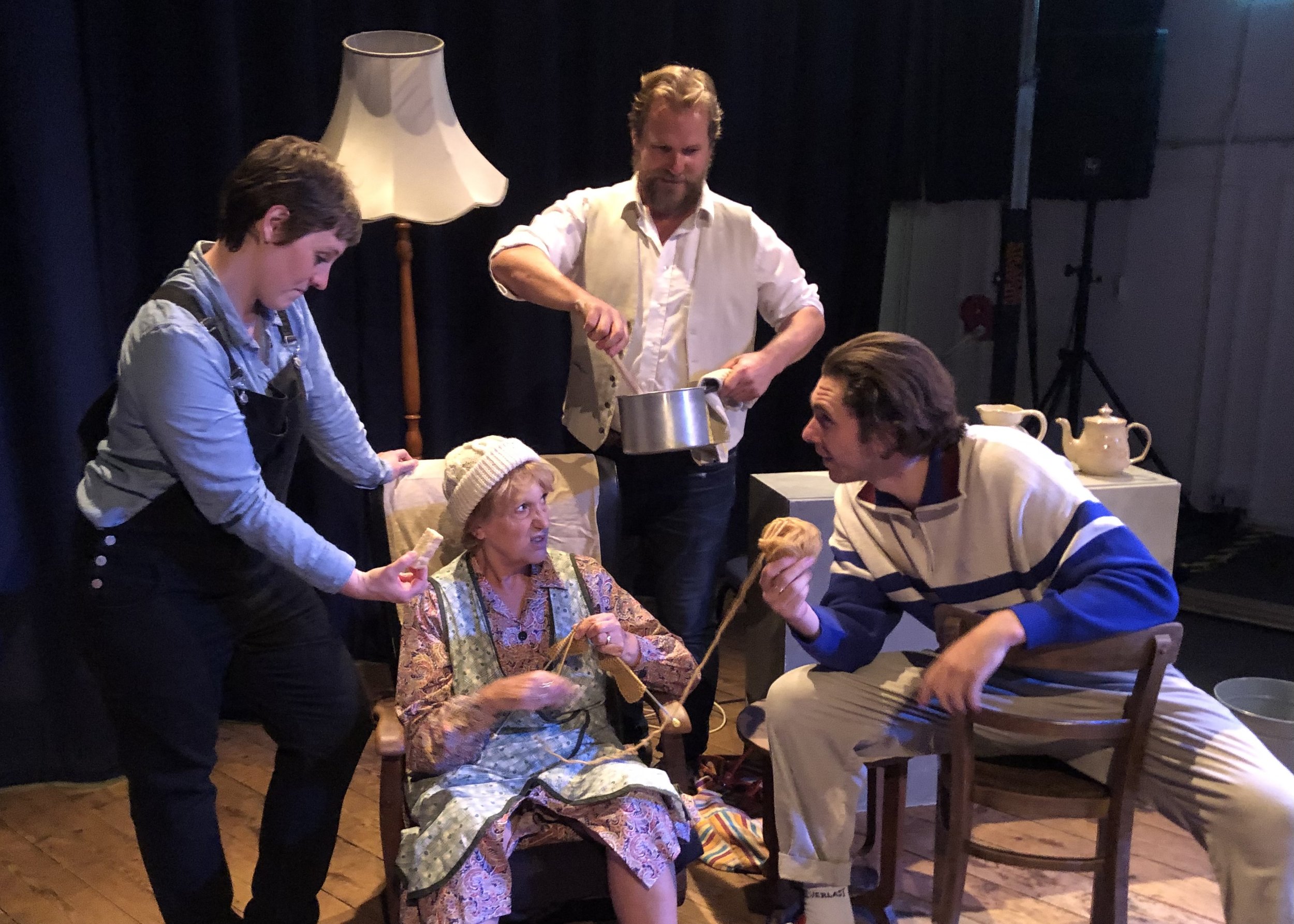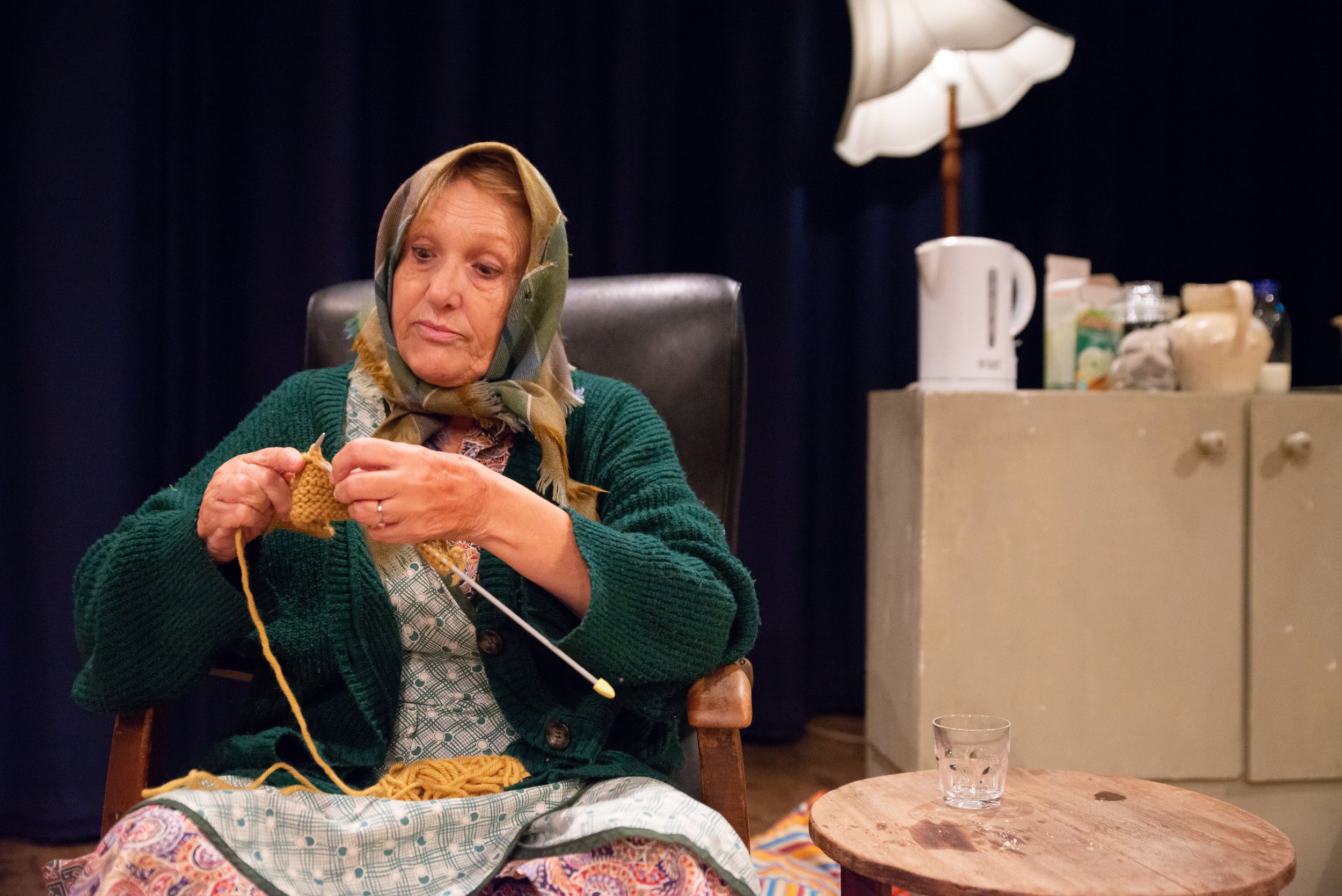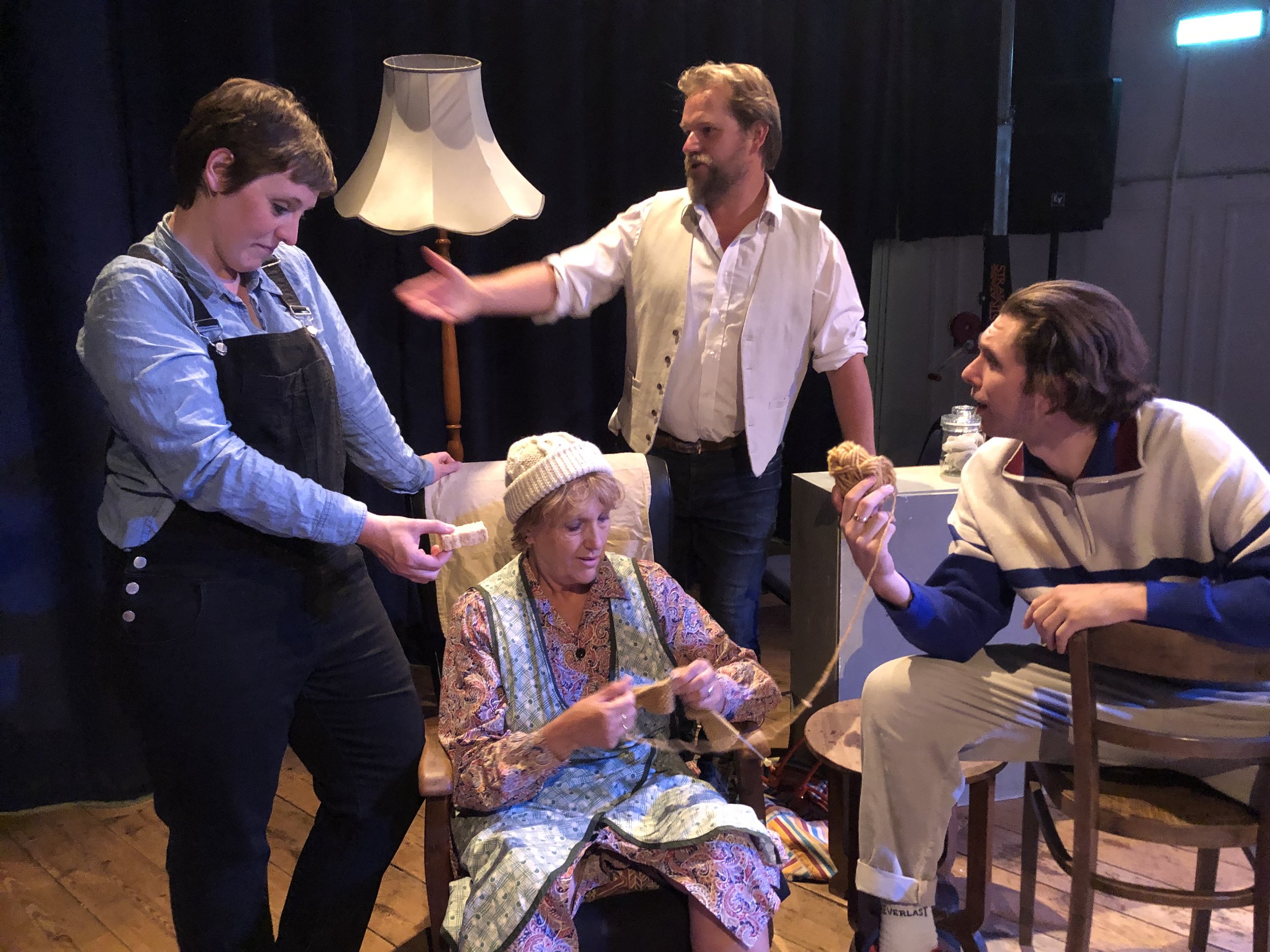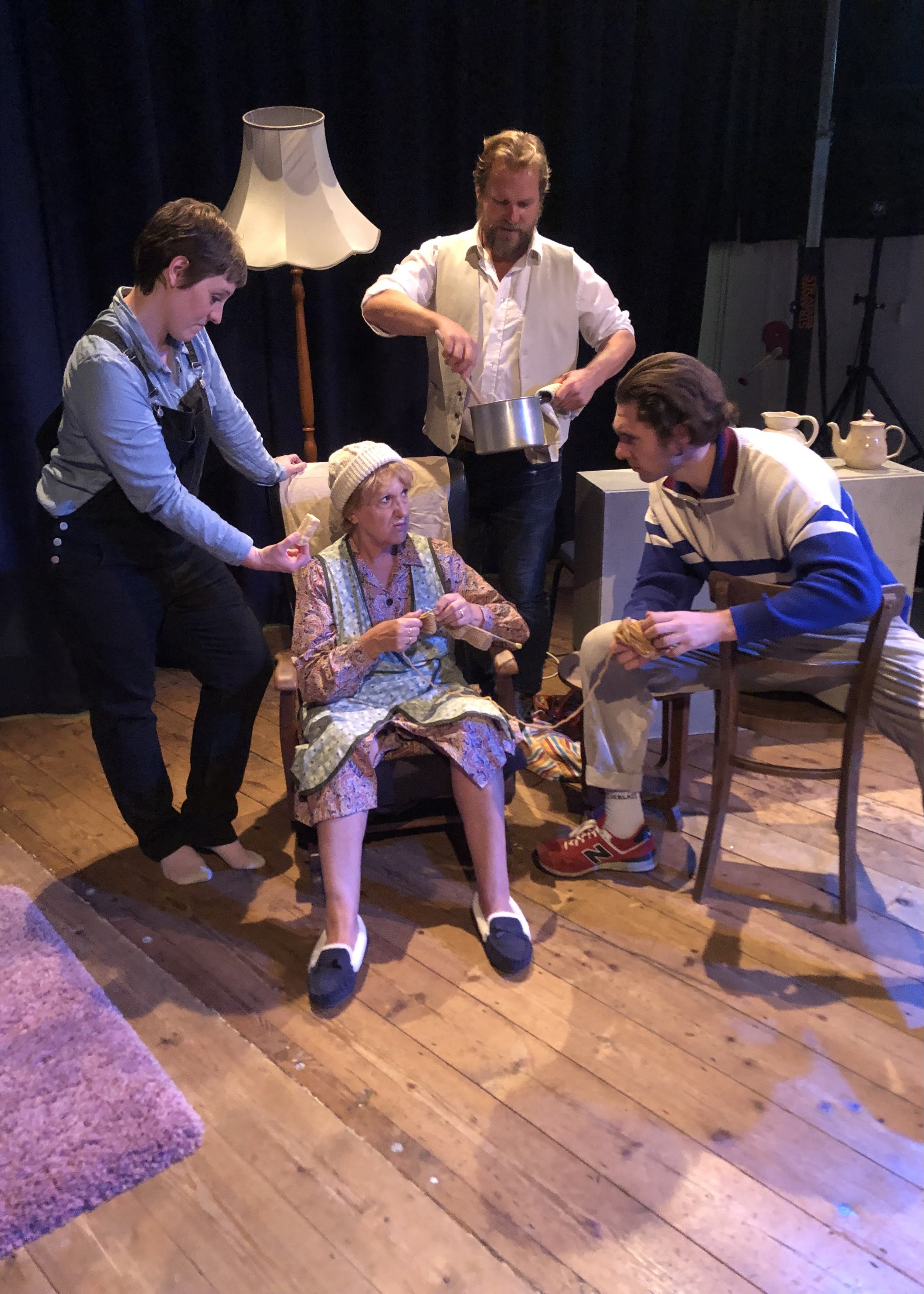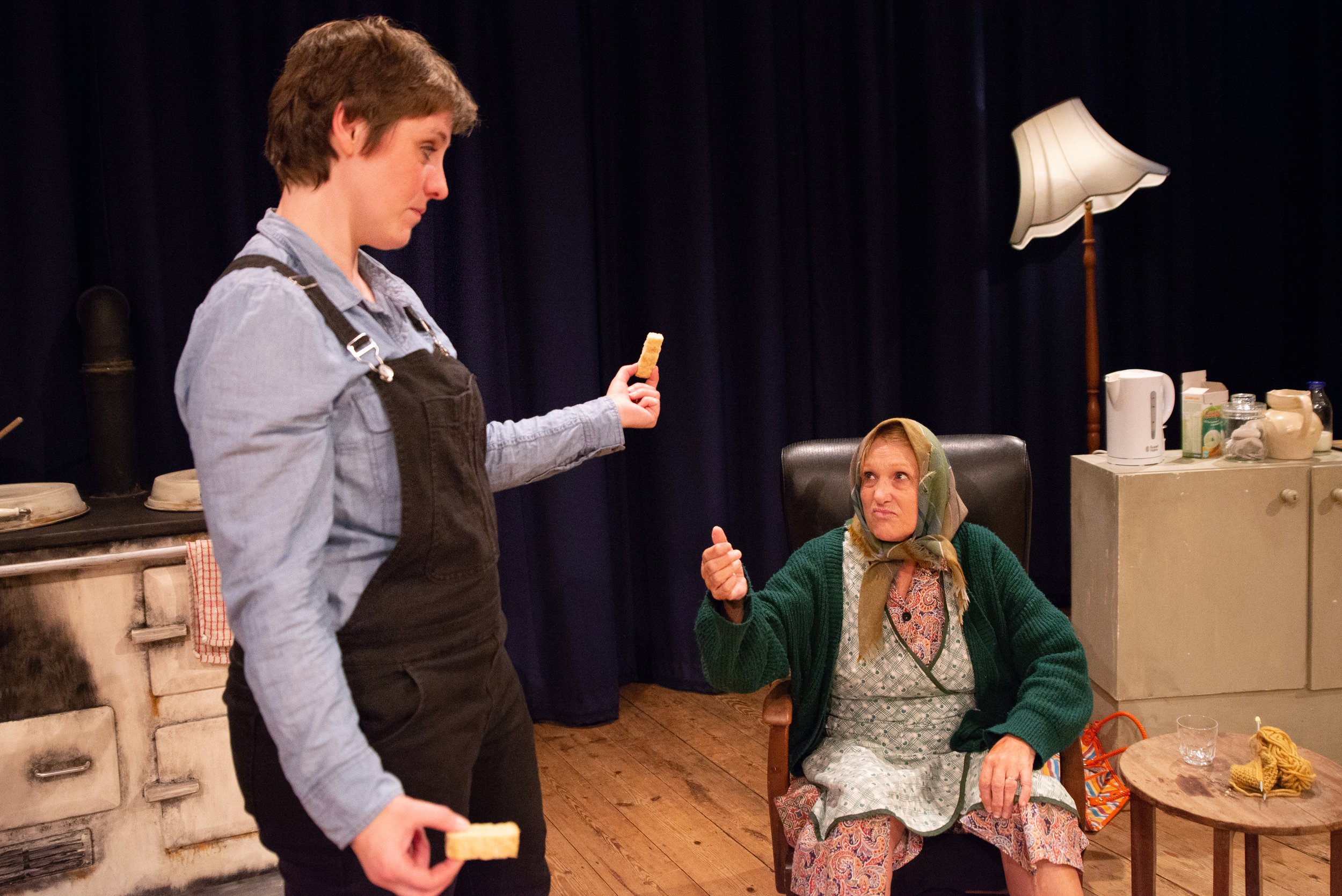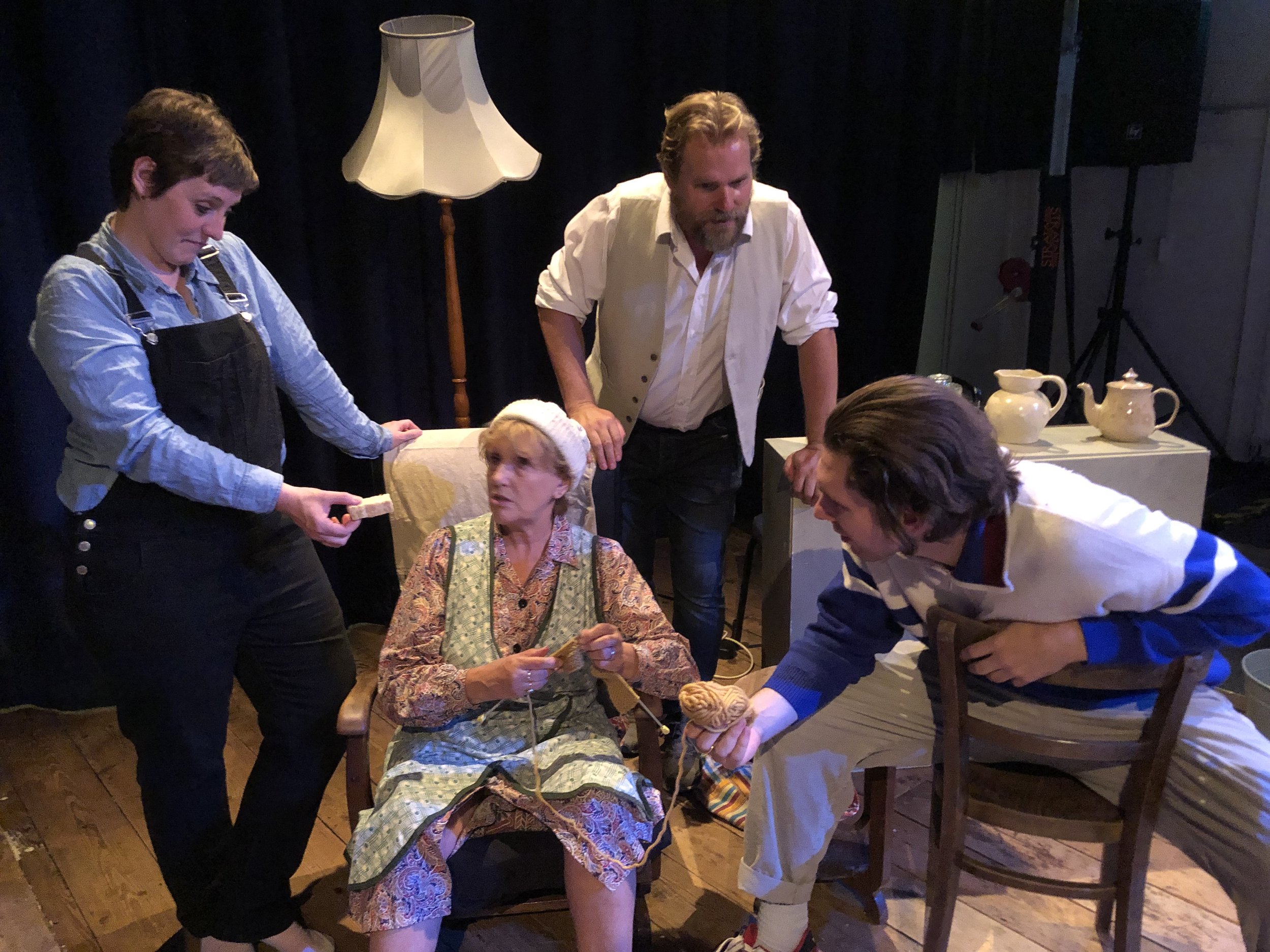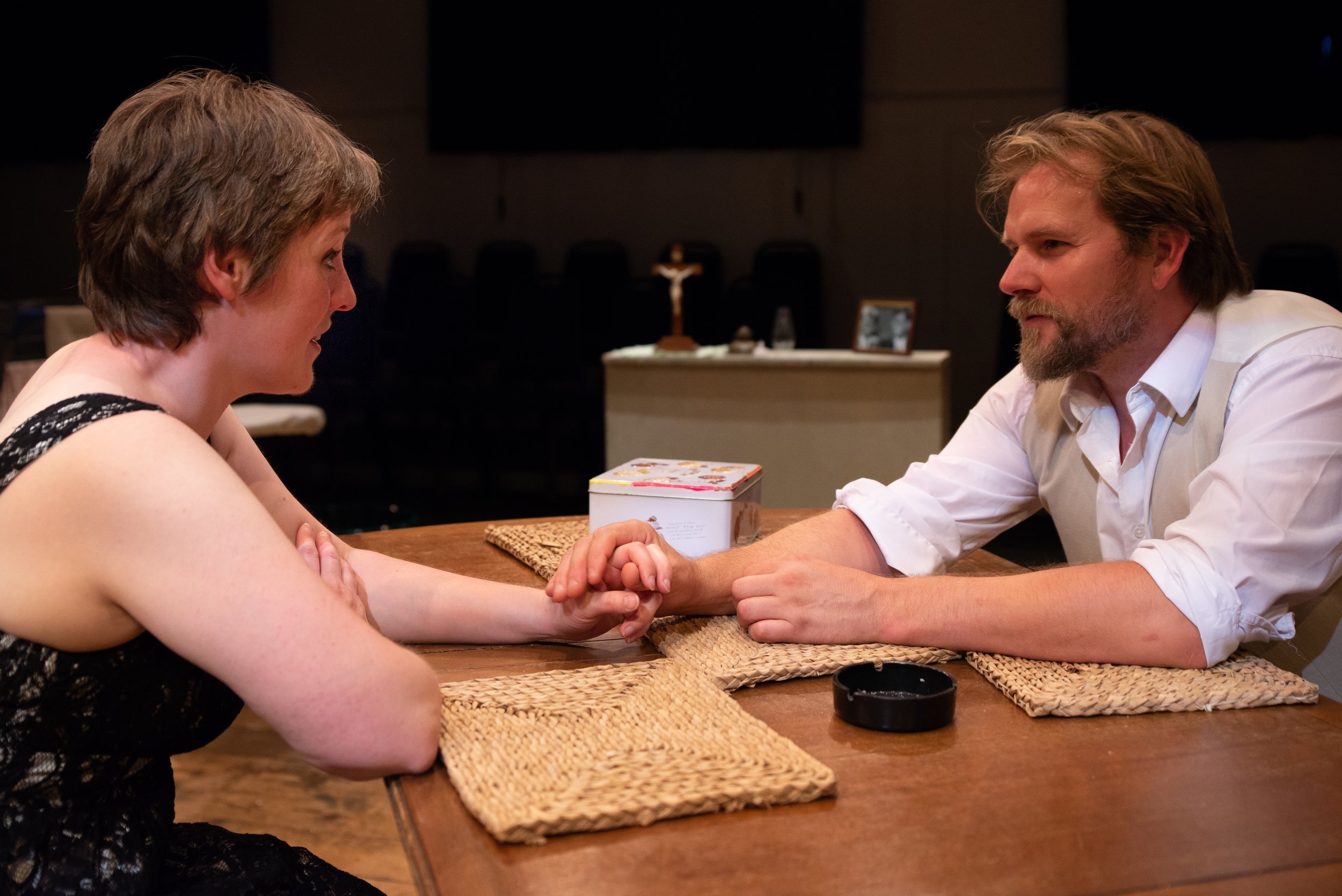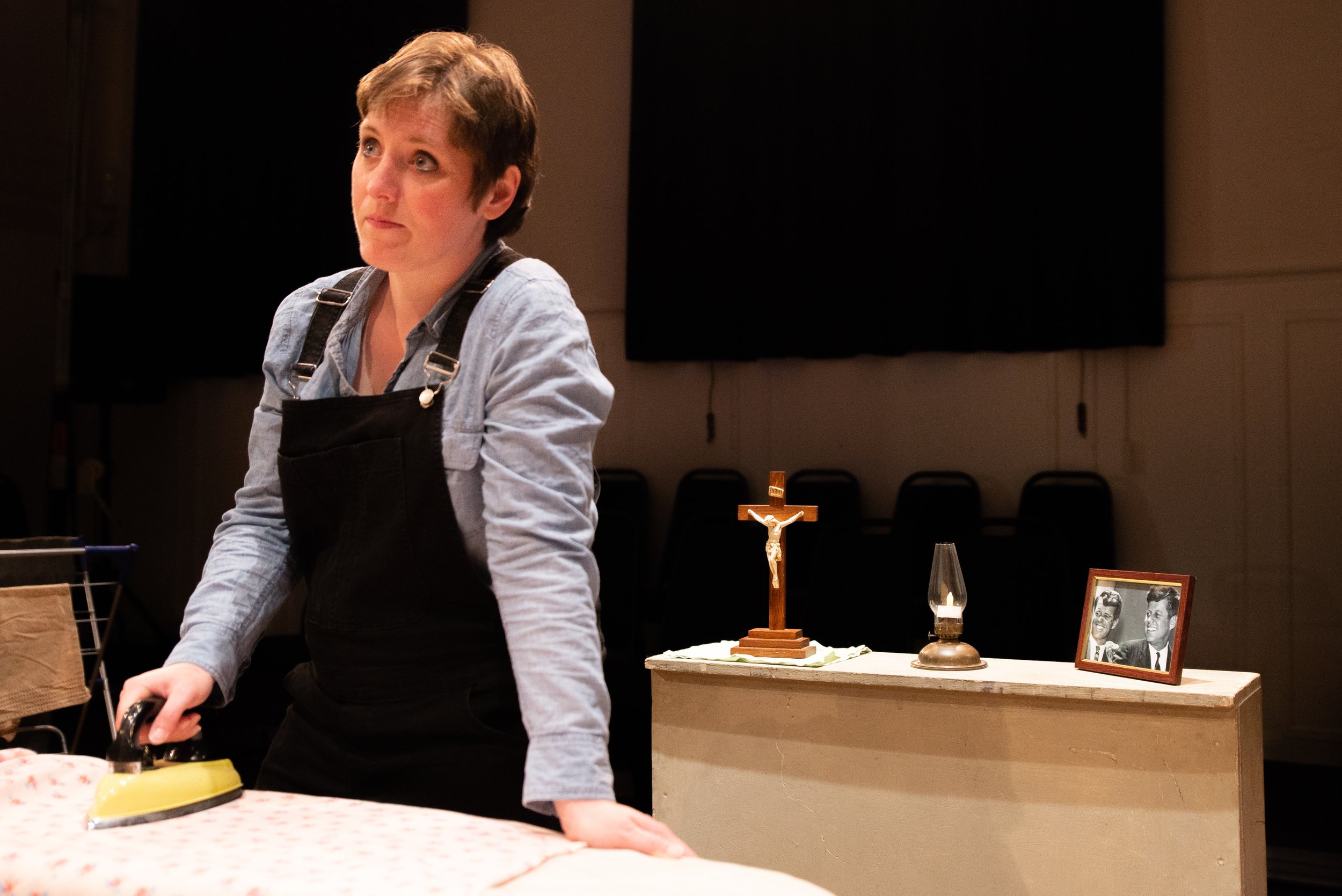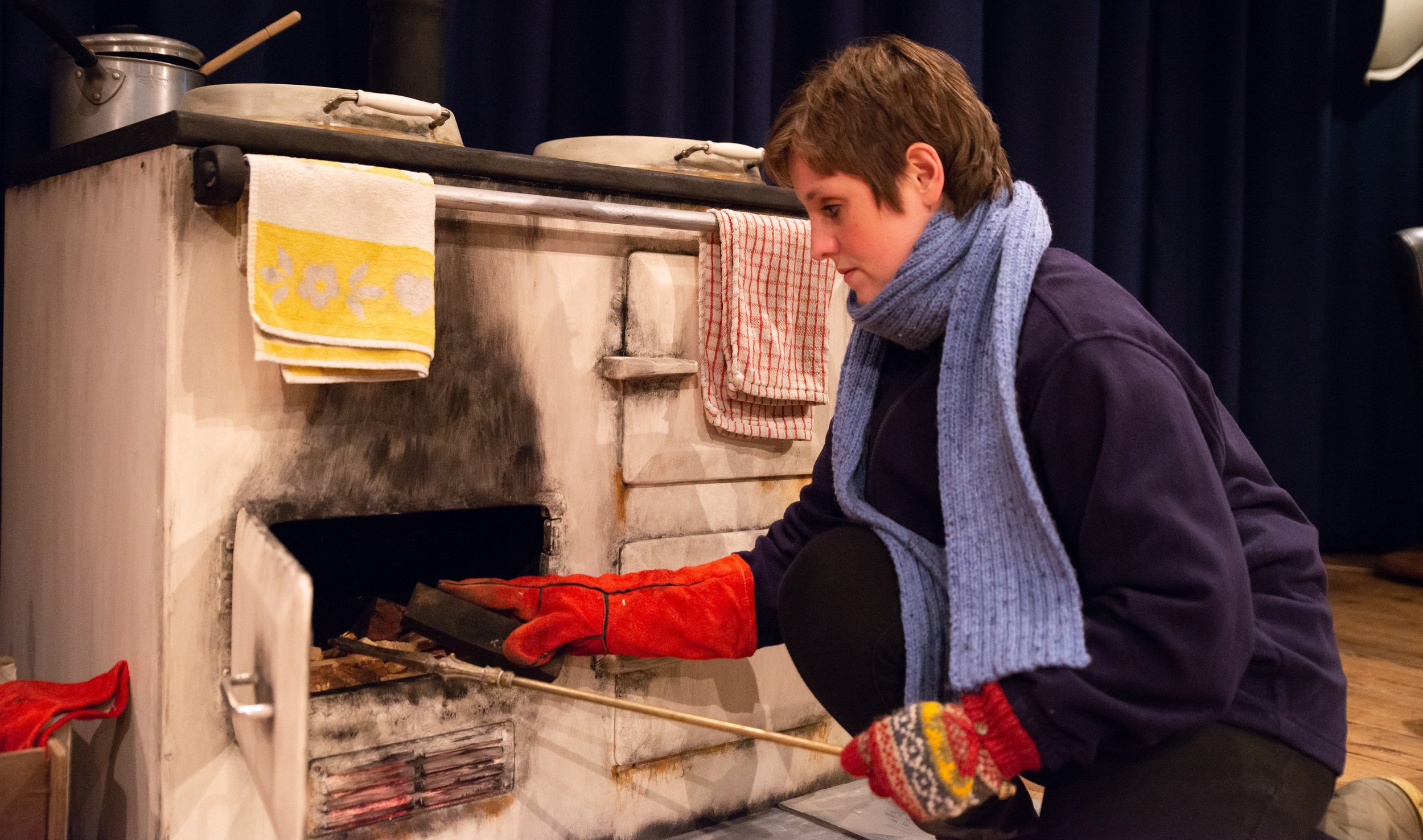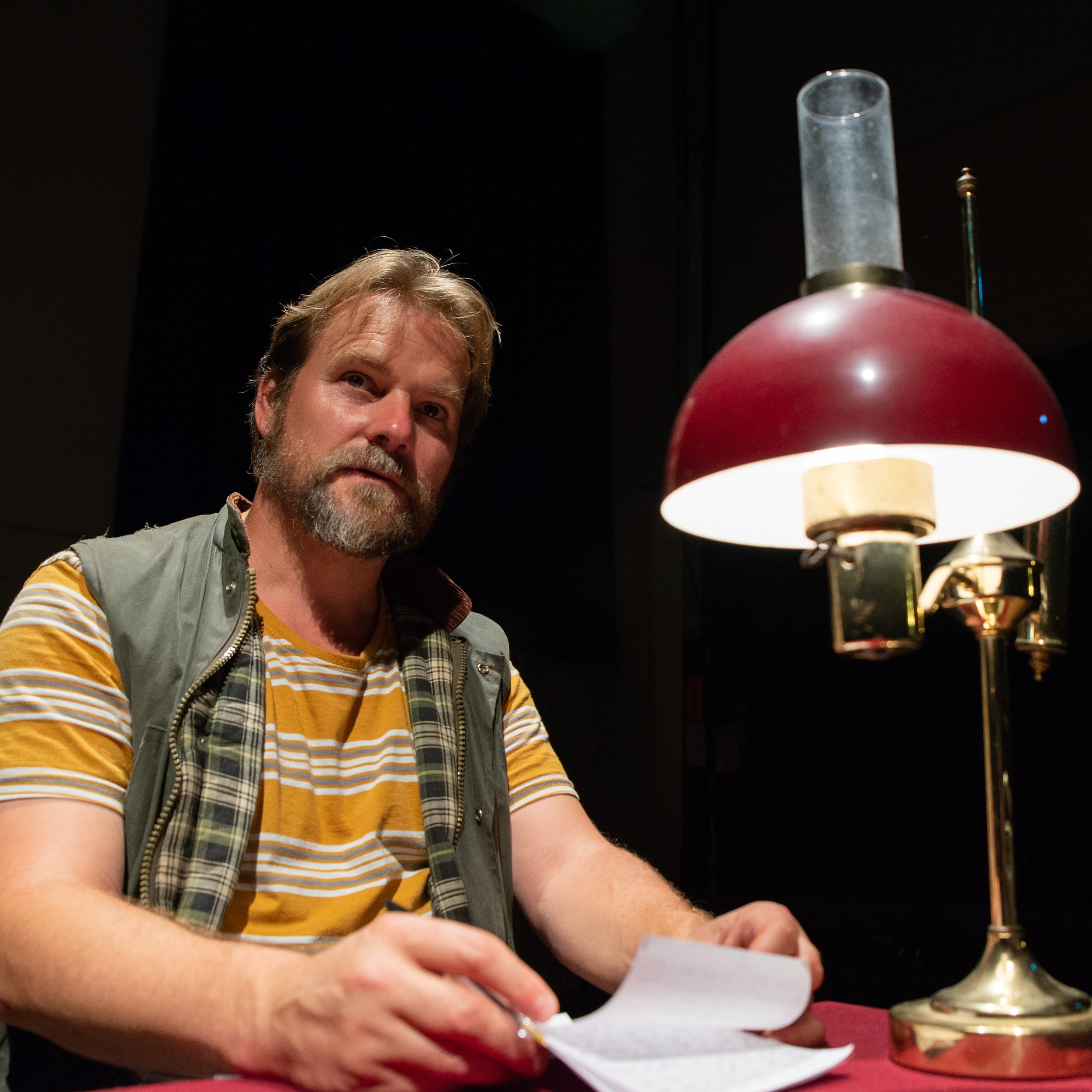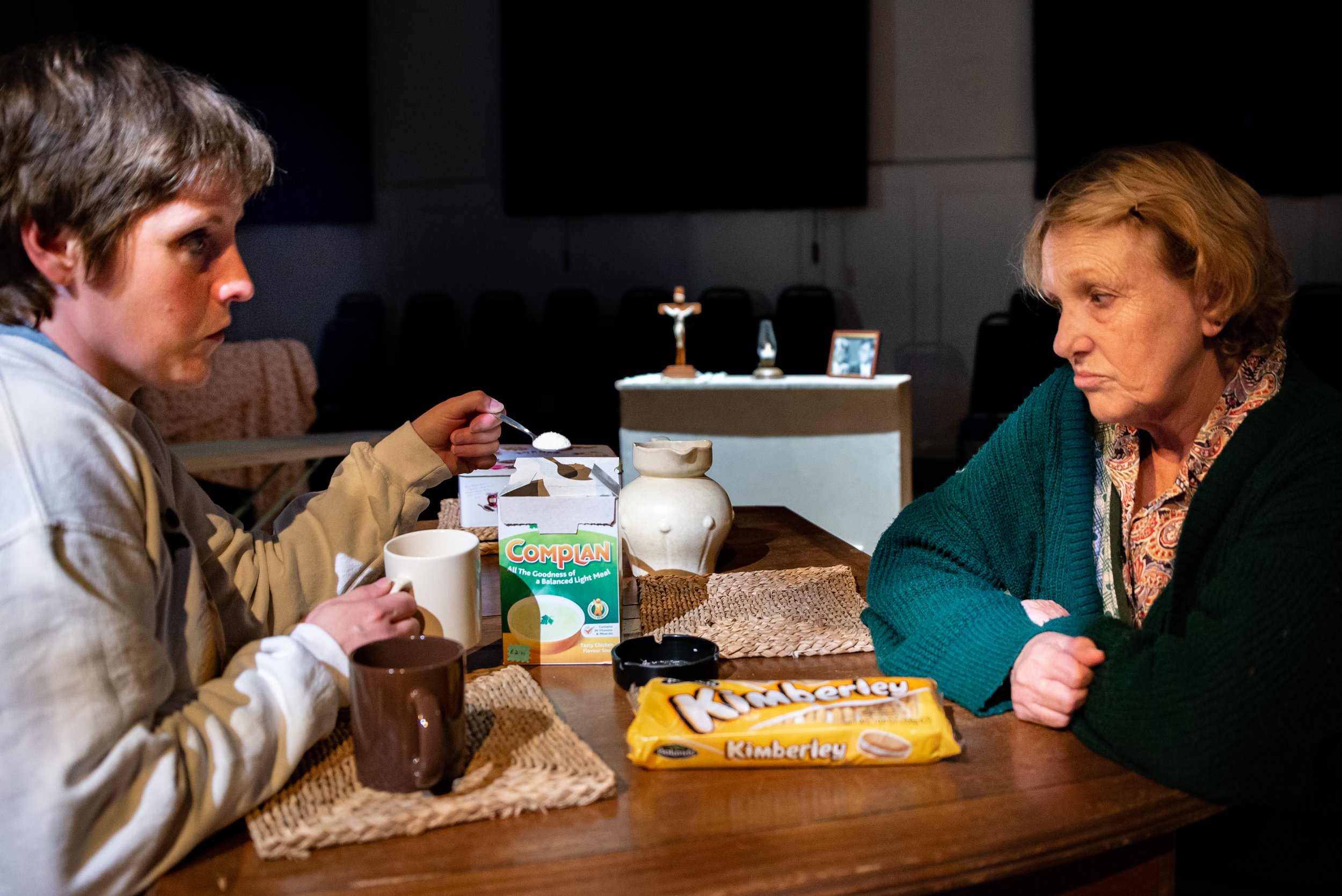Tickets: £15
£10 (Students, NHS, Universal Credit)
Presented by Next Stage Theatre Company
Tuesday 6th - Saturday 10th September, 7.30pm
Matinee Saturday 10th September, 2.00pm
Let Next Stage Theatre Company transport you to Leenane, a small rural community on the West coast of Ireland. You will become the listening and seeing walls of the kitchen where Mag and her daughter pass the time in their isolated homestead.
Abandoned by her older sisters to look after their irascible mother - who is full of complaints about lumpy Complan and cold porridge - Maureen, the eponymous “Beauty Queen of Leenane”, hopes for escape in the form of Pato Dooley - a local man, who has returned from the building sites of England for a family party.
But the cobwebs of deceit threaten the couple’s plans, and dark simmering tensions between mother and daughter force their way to the surface with heart-breaking and disturbing consequences.
This is Martin McDonagh’s first play, which premiered in 1996, and achieved international success and acclaim.
A talented cast of acclaimed Next Stage actors, directed by Claire Rumball, are thrilled to be launching our Autumn 2022 Season with this powerful piece of Theatre.
Rehearsal Pictures
OPENING NIGHT REVIEW -The Beauty Queen of Leenane
Step into Mag’s parlour where a badly tuned radio crackles in the background, a pot of porridge congeals on the range and there’s a strong smell of urine in the Belfast sink. It’s a sad and depressing space recreated in the theatre in the round at the Mission Theatre in Bath in Next Stage’s production of Martin McDonagh’s 1996 black comedy The Beauty Queen of Leenane.
It’s a universal story of a mother and daughter relationship that’s gone wrong. Both despise the other to the point of hatred although both in a way need each other. With her bad back and bad hand seventy-year-old Mag relies on her daughter Maureen to fetch and carry as the frail grand dame sits in her rocking chair. Angered by her mother’s self-pitying behaviour Maureen’s role as carer is exacerbated by the effect it has on her compromised love life.
Jane Lawson as Mag was so affective as cantankerous old Mag that it was hard to have any sympathy for her as she belittled her daughter with emotional blackmail. With a quivering lip, a wagging finger and an ability to flip from pleading to condemning in an instance Lawson as the protagonist dominated her parlour until the brutal and climactic ending.
Maureen played with a cold cynicism by Liz Wilson gave a strong performance as the put-upon daughter seemingly enjoying her role as both carer and sadistic guardian in the claustrophobic psychodrama. Whether it was forcing Complan down her mother’s throat or refusing her a favourite biscuit these small tortures heightened the broken relationship.
Enter into the parlour two versions of the forgotten men of far flung Leenane in Ireland. There’s Maureen’s love interest construction worker Pato (Richard Matthews) who leaves the town to better himself and there’s his brother Ray (Harry Mason) who stays in Leenane content with Australian soap operas on TV and the odd game of swing ball.
Pato’s monologue as he writes to Maureen in England encapsulates the broken dreams and high aspirations of the Irish diaspora while Ray’s disjointed conversations symbolise the left behind frustrations of the under employed. Two exceptional and pivotal performances in a production where the cast maintained believable West of Ireland accents throughout aided by accent coach Patrick McGuire – always a tough ask for any actor.
Directed by Claire Rumball, the intensity of the domestic drama could have been lost in the broad space but the attention to detail of the set from its pictures of the Kennedys, damp washing hanging up, ironing board and biscuit tin on the kitchen table coupled with atmospheric lighting (Simon Lawson) kept the audience’s focus on the minutia of the relationship.The themes in The Beauty Queen of Leenane seem so familiar as almost all families have a form of broken relationship in them. It’s one explored in the 1981 movie Mommy Dearest, and the father-son version in the television sitcom Steptoe and Son, and even in Whatever Happened to Baby Jane? – the 1962 film featuring the bitter relationship of two sisters. In this excellent production of Martin McDonagh’s play those themes are played out to their violent conclusion with a fine cast who didn’t overplay the Irishness of the setting but concentrated on the bleakness of the comedy.
Harry Mottram, Bath Voice



